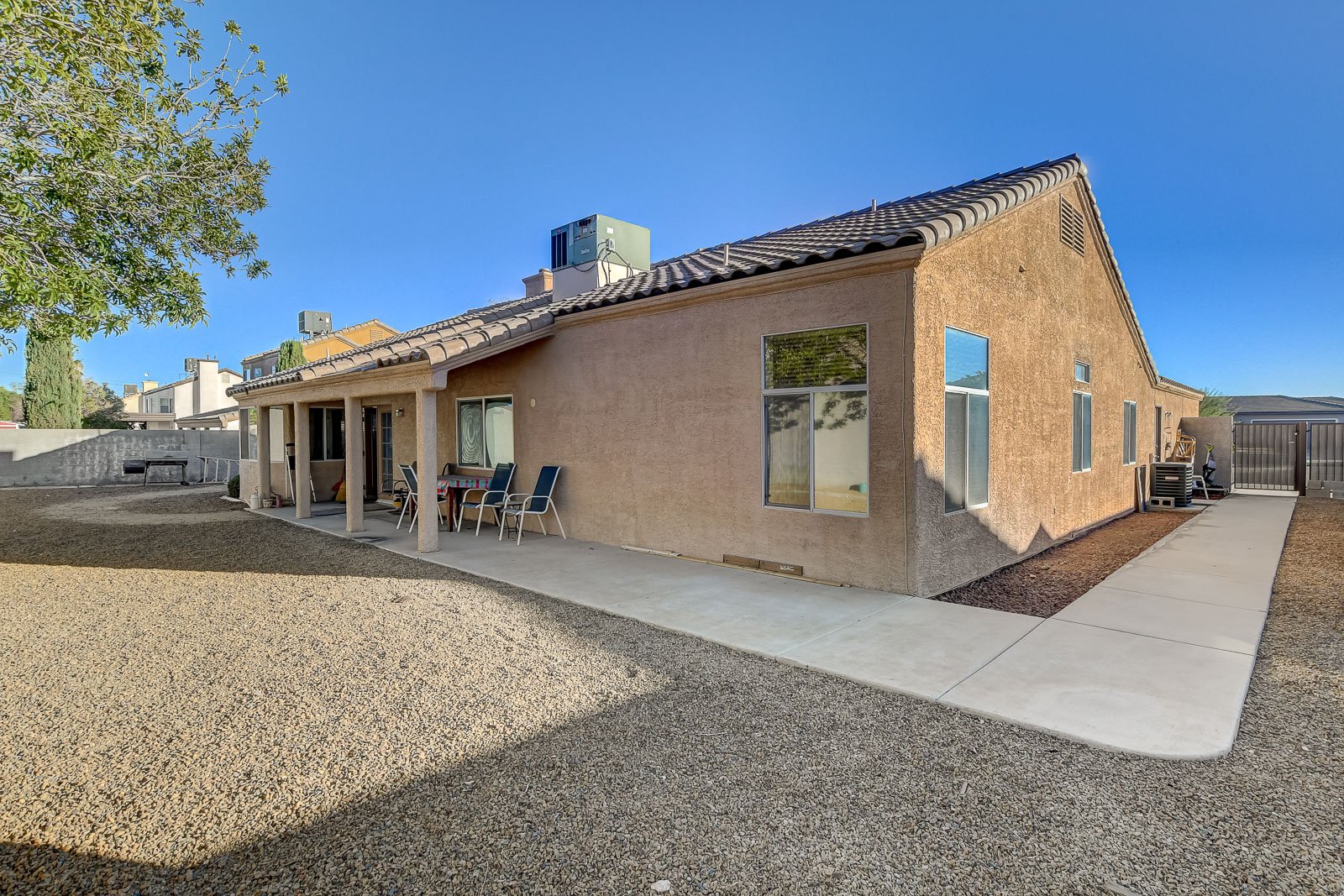Marketing Services
Marketing Services
Read More
Marketing Services
Marketing Services
Read More
Marketing Services
Marketing Services
Read More
Marketing Services
Marketing Services
Read More
Marketing Services
Marketing Services
Read More
Marketing Services
Marketing Services
Read More
Marketing Services
Marketing Services
Read More
Marketing Services
Marketing Services
Read More
Marketing Services
Marketing Services
Read More
Marketing Services
Marketing Services
Read More
Marketing Services
Marketing Services
Read More
Marketing Services
Marketing Services
Read More
Marketing Services
Marketing Services
Read More
Marketing Services
Marketing Services
Read More
Marketing Services
Marketing Services
Read More
Marketing Services
Marketing Services
Read More
Marketing Services
Marketing Services
Read More
Marketing Services
Marketing Services
Read More






















